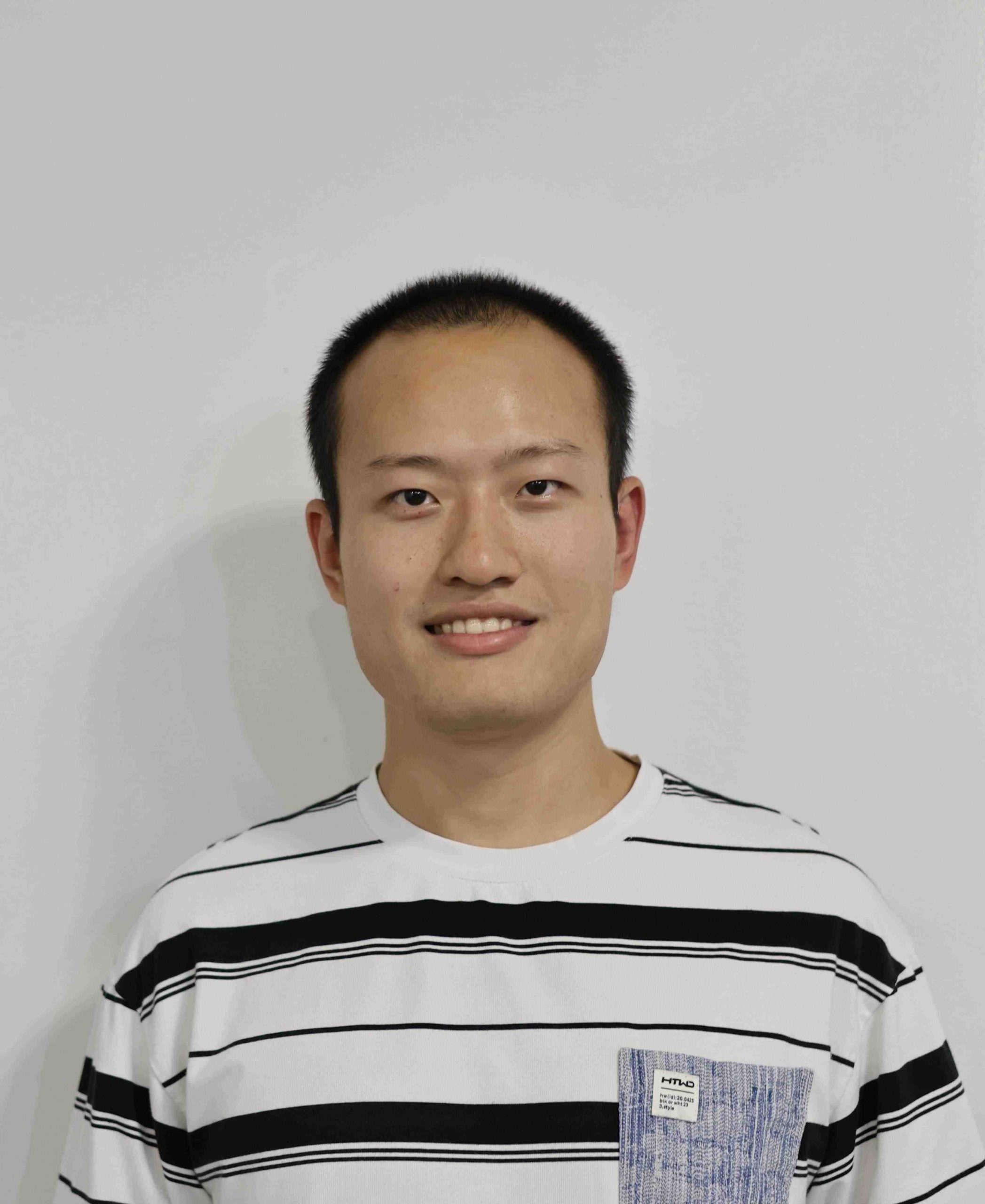
- This event has passed.
MSE Thesis Defense: “Imaginary-Index-Driven Programmable Integrated Photonics for Optical Computing and Networking”
September 30, 2024 at 10:00 AM - 12:00 PM
Photonics serves as the backbone of modern information infrastructure, transmitting and processing data at unparalleled speeds with minimal energy consumption by harnessing the inherent parallelism, high-frequency operation, and expansive bandwidths. In the past decade, the surging advancements of artificial intelligence has revolutionized the traditional definition of computing algorithms. By bridging the gap between optical hardware and software-defined functionality, programmable integrated photonics, where on-chip photonic circuits are dynamically reconfigured by tunable optical components including modulators, amplifiers, and switches, opens new avenues for optical routing, computing and networking. However, the existing programmable integrated photonic platforms employ discrete, single-function devices, leading to exponential architectural complexity and hindering full programmability. Additionally, fabrication imperfections may compromise performance, impeding the advancement of large-scale photonic processors designed for data-intensive applications. In contrast to the state of the art, we explores programmable integrated photonic platforms driven by the imaginary part of the permittivity in semiconductor-based optical gain materials. First, a topological photonic system is presented, demonstrating robust and reconfigurable light steering immune to fabrication defects, driven by non-Hermitian physics. By interacting with the pseudospin degree of freedom, defined by the circulating direction in photonic cavities, a non-blocking scheme is realized. Next a novel lithography-free paradigm for integrated photonic computing is proposed and demonstrated in an unpatterned device fully driven by the imaginary index. This new platform enables field-programmability and dynamic robustness, culminating in a high-fidelity photonic matrix processor capable of real-time error correction and in-situ photonic network training for practical tasks. Furthermore, the capabilities of photonic field-programmability can be pushed into the nonlinear realm by the spatial control of carrier excitations and their dynamics within the active semiconductor, achieving programmable photonic nonlinear functions. Leveraging the architecture of photonic nonlinear computing through polynomial building blocks, training of integrated photonic polynomial networks is demonstrated. This new type of neural networks serves as a pioneering example in the exploration of photonic paradigms tailored for computing and networking with light.

